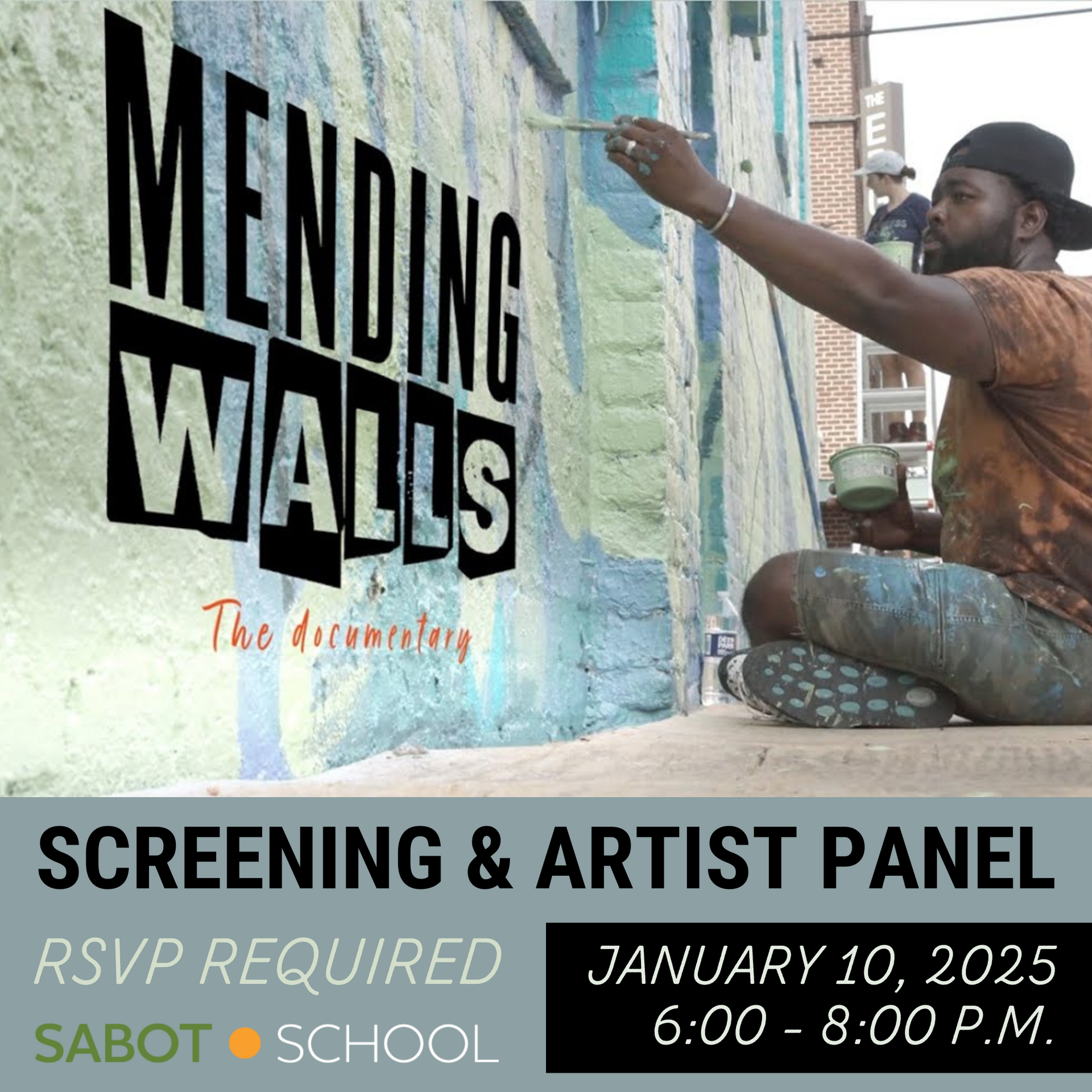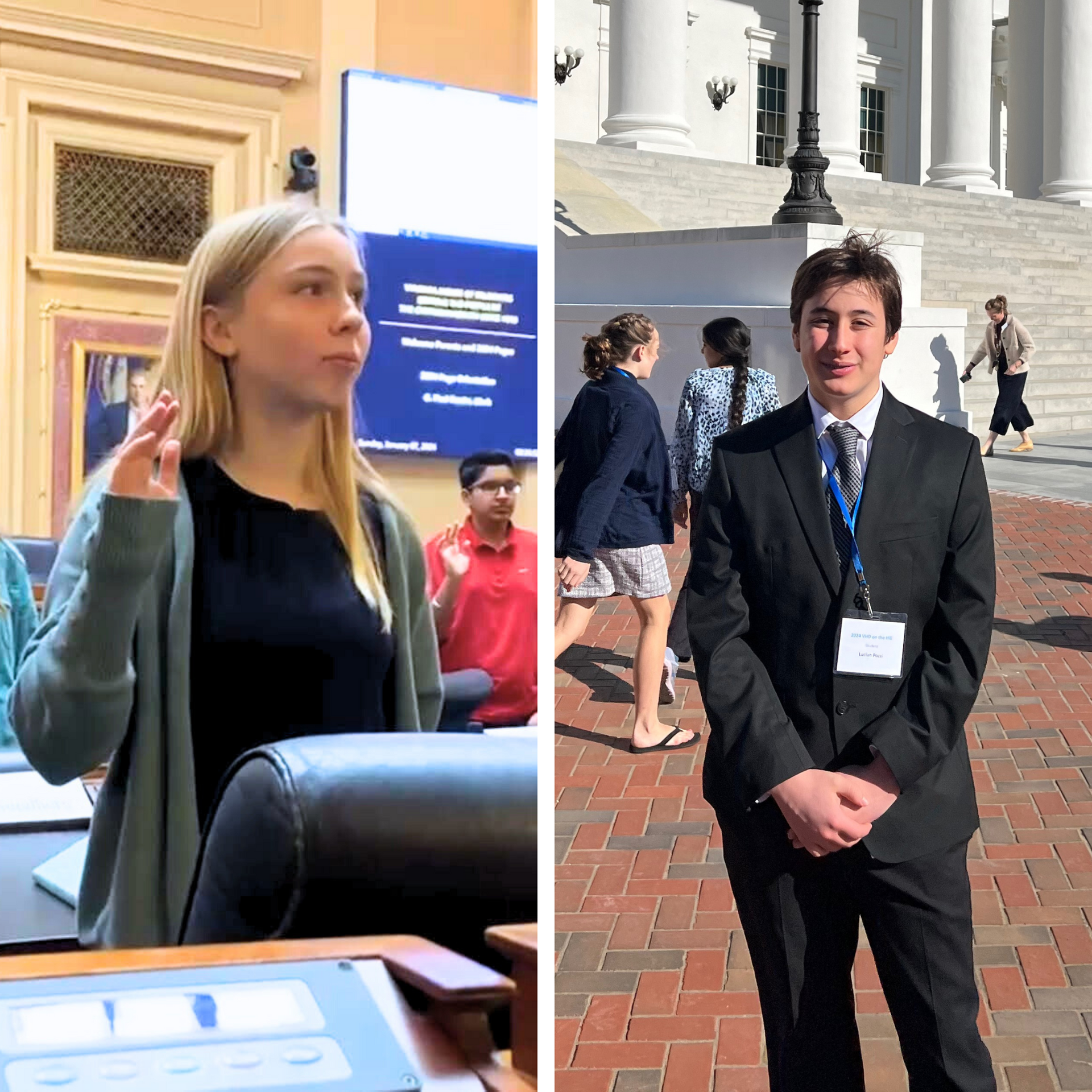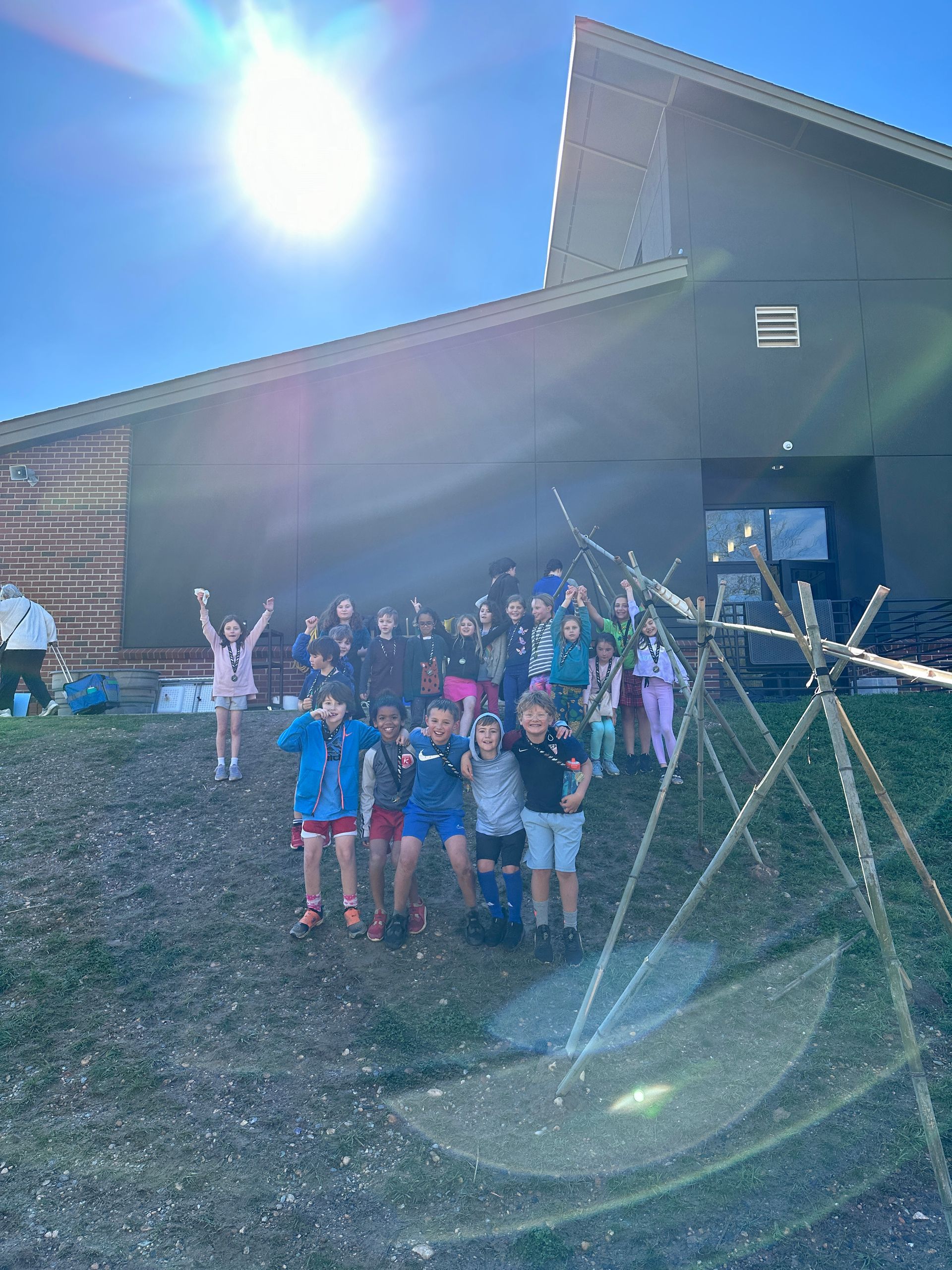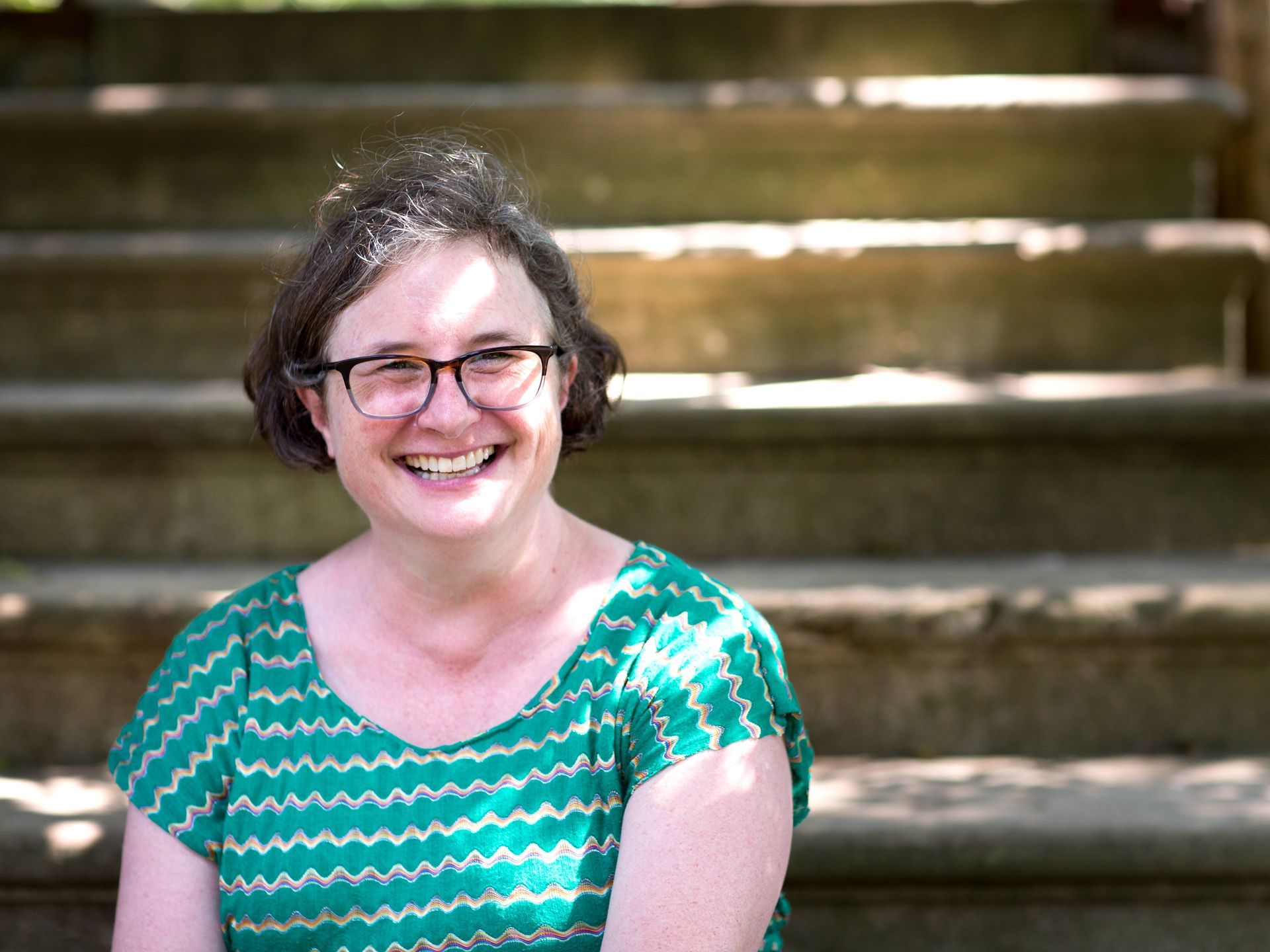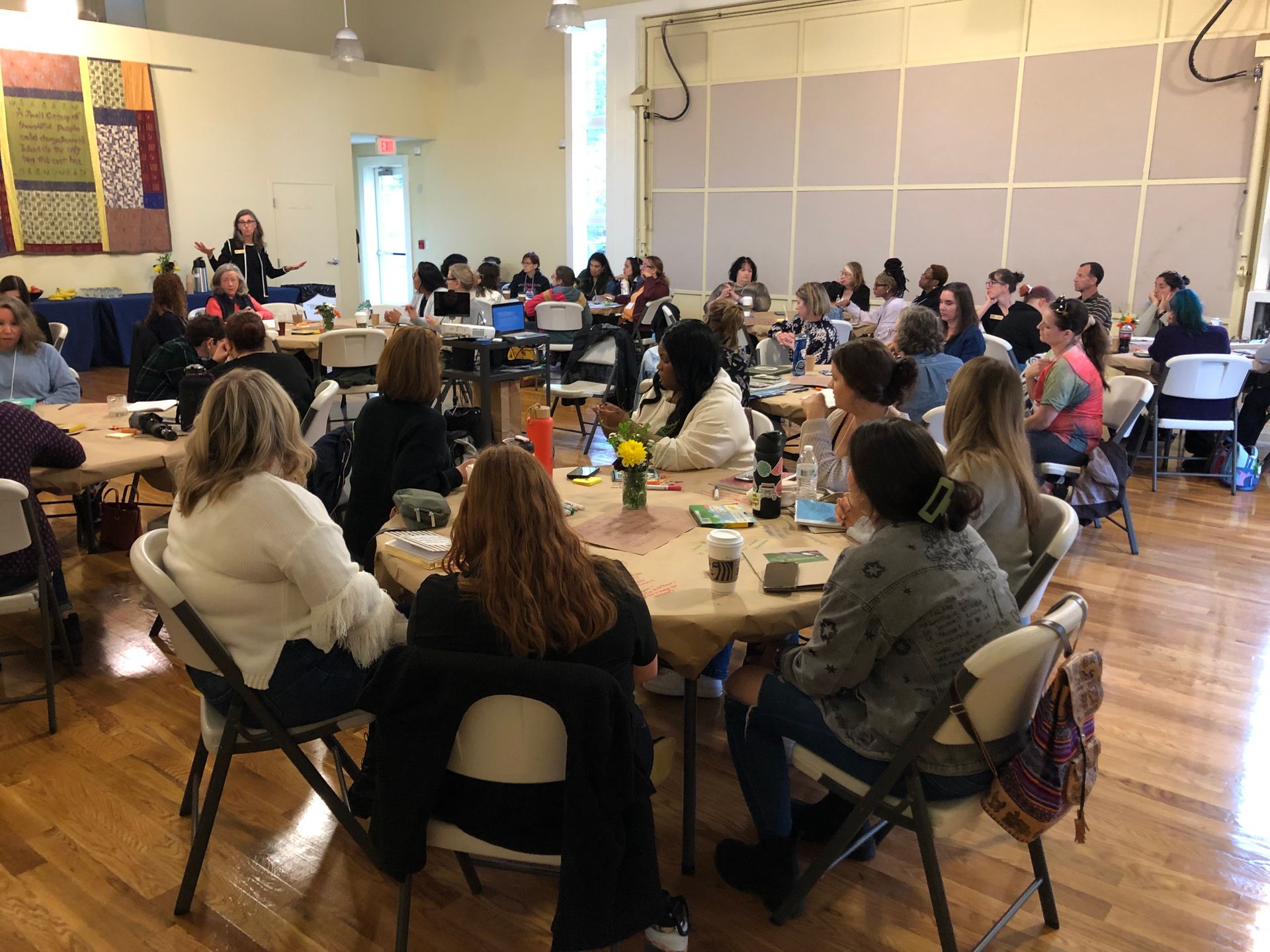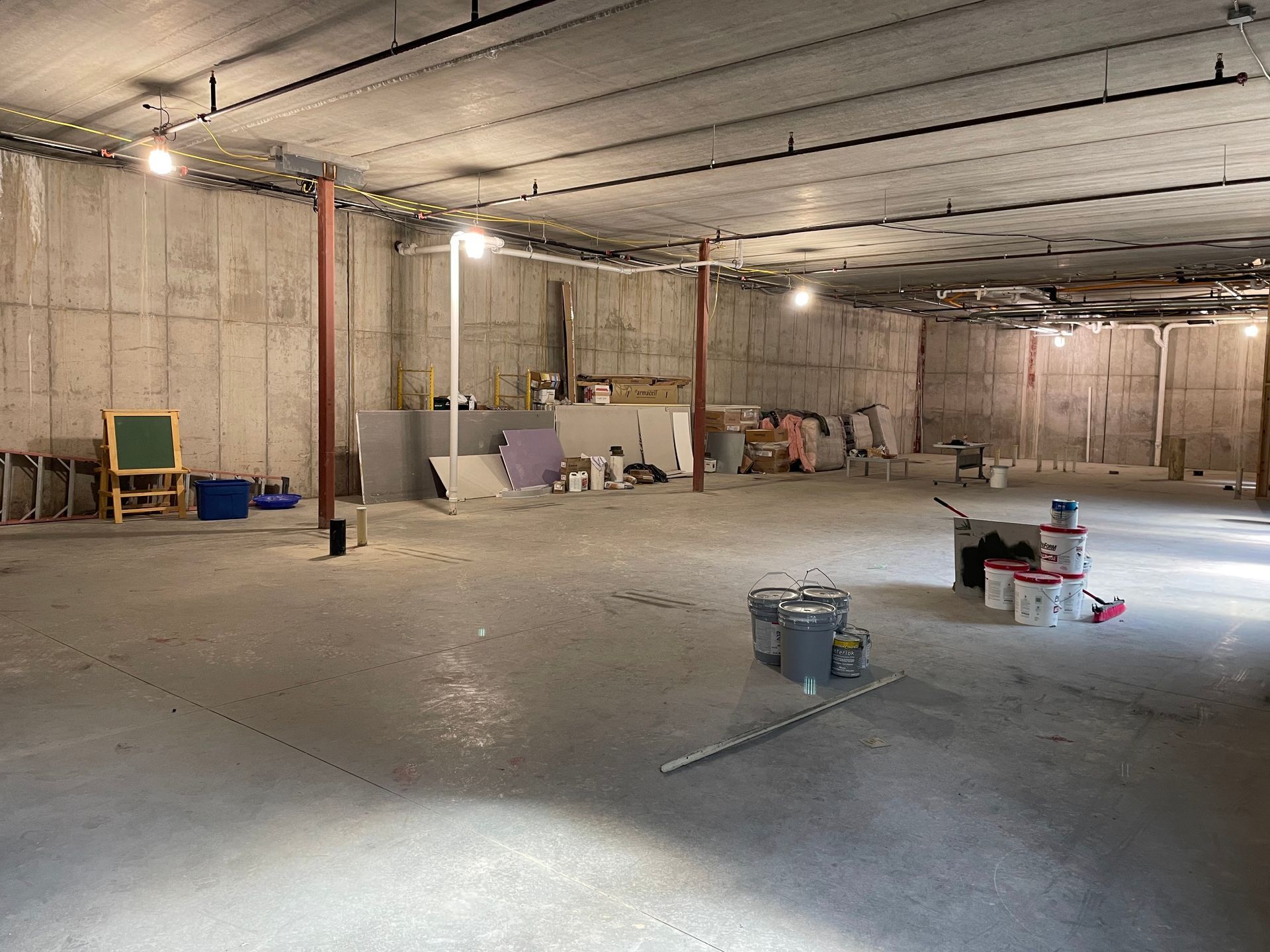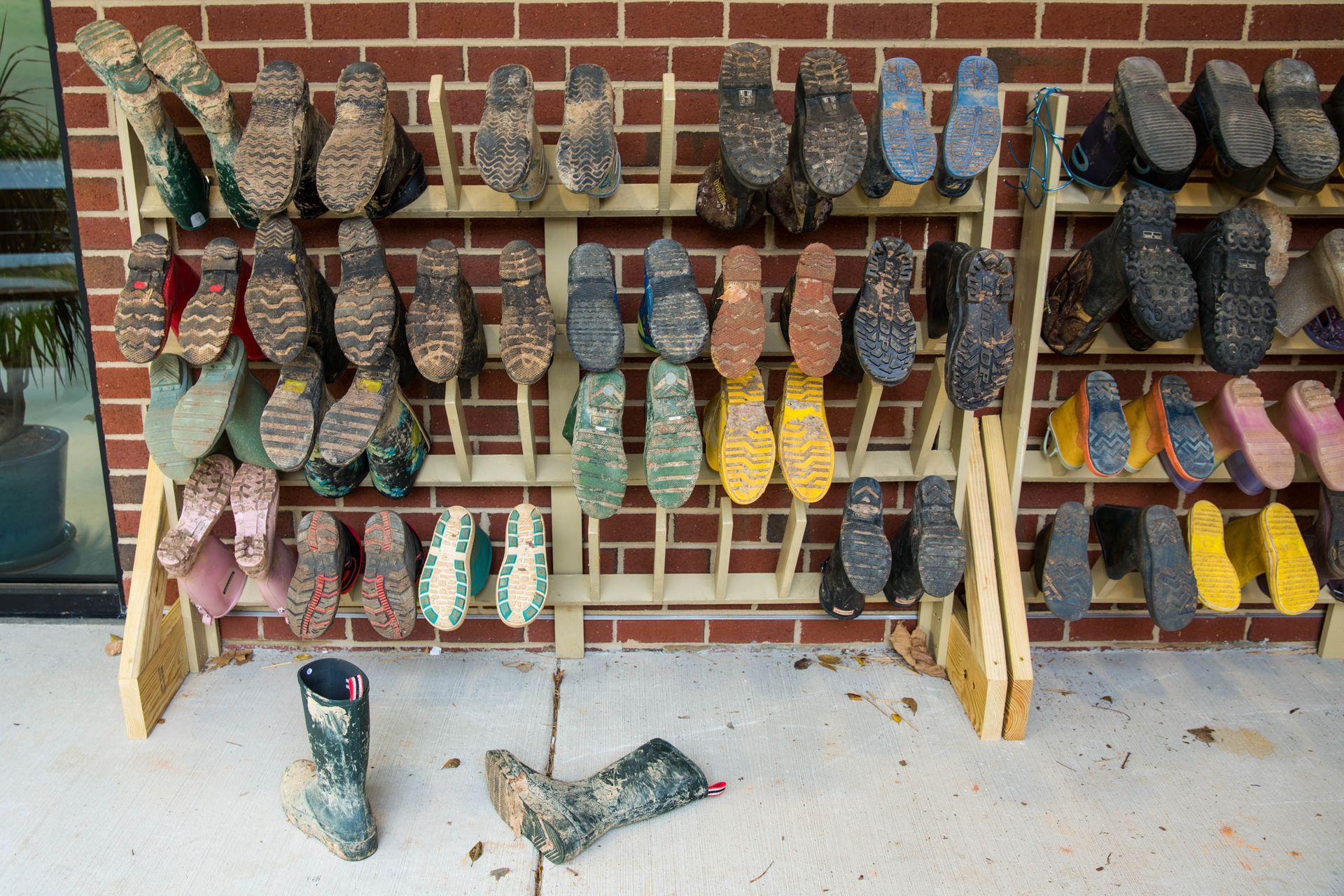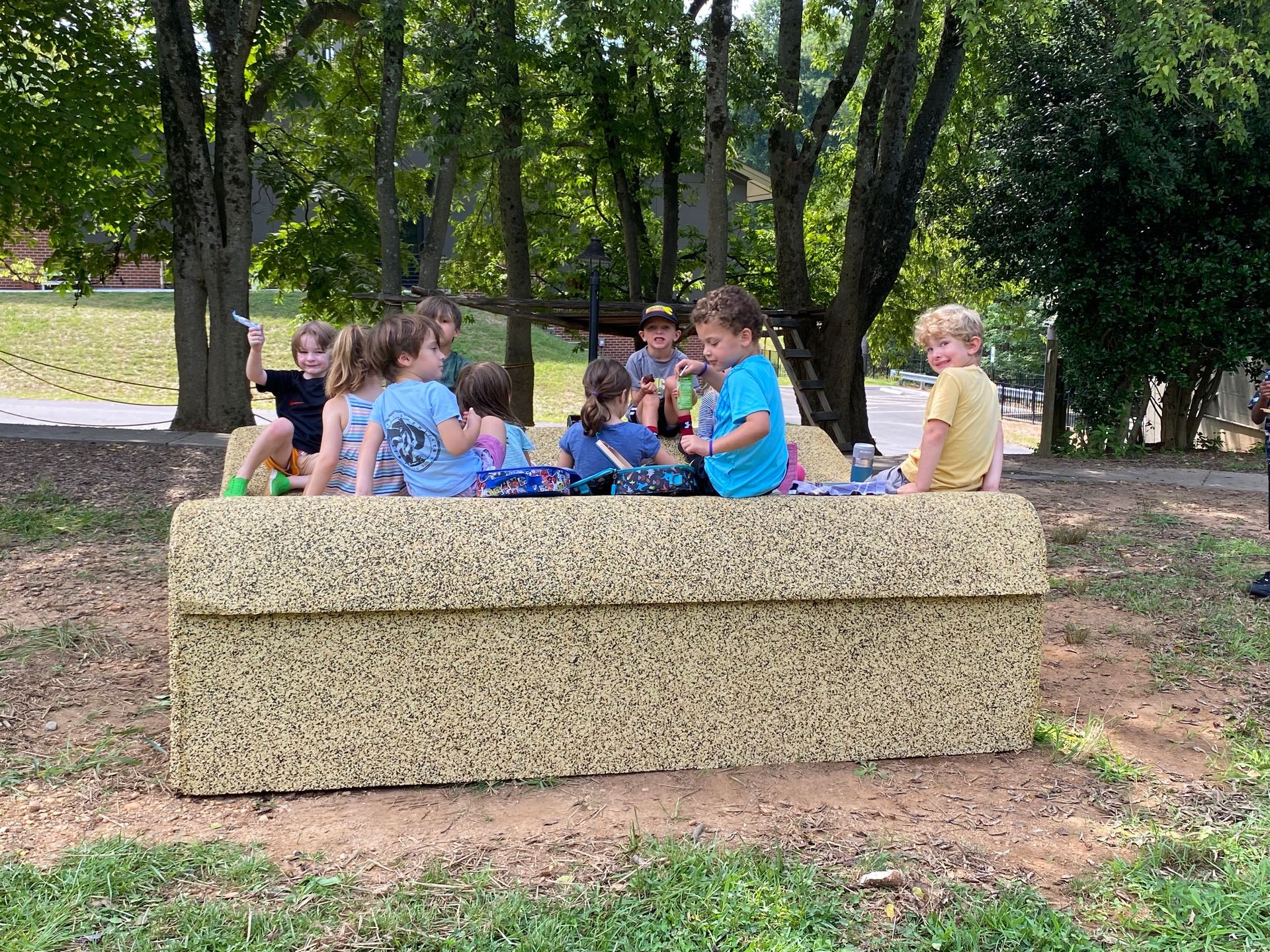Studying
We have been talking a lot about how to study this year. We always talk about how to study, because before fifth grade, most people don’t really have to. If you don’t know how to study, you can work for hours and not see much improvement. It’s pretty demoralizing. You all will, of course, know everything I have to say, because you have lived it. But all of it is news to a fifth grader, and just like everything else, some people just intuitively know how to do it, and some people need to have the steps explained. I will start by sharing one small area which we have been discussing, since many smarter people than I have written entire books on the subject. Studying effectively means metacognition and a decision making process. The class is just learning the decision making questions you must use to study effectively.
The first category of things we are learning how to study is probably the easiest. We are looking at the things that you just need to memorize in order to do something else. This year, these have been things like math facts, fraction percent equivalents, or common irregularly spelled words. Being able to say or write them at will is the main point.
First, you have to see what you do know and check your progress.
Do you know few to none of the things you need to learn? Then you have to get most of it into your head by the most efficient route. You will need to think about how things that stick well in your brain are often presented to you. Take math facts, for an example. If seeing is the best for you, flashcards may be your best ally. If hearing things is the best, those awful songs in which various fact tables are turned into tunes might be useful. Or, having people call facts out to you while riding in the car. If you love playing video games anyway, perhaps the computer games which use solving facts to let you beat someone, or blast an alien may be less painful. If writing or drawing is your best, either writing them out over and over, or incorporating them into a picture which helps you to recall them could work.
You may need to combine strategies, but the odds are that one or two of these will work pretty well, some will be ok, and at least one will be completely useless. Checking progress may help you sort out which are good and bad for YOU. This type of practice is more permanent and less stressful if it is done a little bit at a time, say 5 minutes a day, than an hour the night before the school assessment. Last minute study does not transfer into procedural memory as effectively, and usually makes people hate studying!
So now you have the bulk of it down. There are still two possibilities.
First, you have most of your information, but you haven’t memorized the last few annoying facts. You should double down on those you don’t know. When we check benchmark tests at school, they are to circle the things they missed in colored pencil so that they will know what to study. If you are not seeing tests with colored circles on them, you should inquire. First, see if there is any memory trick or aid you can use- 56= 7 x 8- 5,6,7,8. 7/8 = 87 1/2 % . 7,8/ 8,7. Many adults alphabetize by hearing the ABC song in their heads. If you can make a joke about it, or a drawing of it that you can recall, that may help. As a class, we share these when we find them. Then, there is the index card strategy. Write them out, easily readable, on index cards and put the cards places you see a lot every day. In front of your car seat, your bulletin board, the bathroom mirror, over the kitchen sink. If you look them over when you are in these places, you hardly notice that you are studying, but you are. Make up your own silly song with the information set to your own tune and rhythm.
The second possibility is that you have the information,but you are not recalling it quickly or automatically enough. If there are a few problems that you are still having to solve or support mentally, apply the previous paragraph to them. But mostly, you need to keep doing the final assessment format over and over and keep trying to drop your time – so you’ll need a timer and the test paper. If we are doing it this year, the test paper is in Google Classroom and you can print as many as you want. In future years, you might need to construct something similar from a completed school paper. Once or no more than twice a day, probably not at the same time, is optimal. This should take less than ten minutes a day to do and to check- you can have a corrected copy on hand for quick checking.
Neither one of these take much work per day- perhaps the first day takes more time, because you have to set up whatever you are going to do, but after that it is minimal. But if you really need to recall two specific facts, and you do the whole test every day, you really aren’t studying what you need to learn.
During the school day, I structure things as much as possible to support learning the baseline information which we need to master so we can do the actual work. For instance, we started our decimal unit today. Many adults would read this number: 3.75 as three-point-seven-five. And that’s fine. But to pass the benchmark, they will have to read it as: three-and-seventy-five-hundredths, showing that they know the place values. I gave them the choice of studying in class, by reading each decimal they say out loud in the second way. After all, they will be here doing the work anyway, so it’s not really an addition to their workload. Or, they could do it however they want in class and therefore have to add this to homework. Everyone chose the first way!
Your role as a homework helper for this year and the next few will be two fold. First, you do know how to study. It’s fine to tell them how, especially if it saves drama all around. I have noticed that the instructions of one adult are often written off by children as unreasonable or odd. If they hear the same message from every adult, many of them will comply. Second, be their helpful observer. Notice and reflect what works well for them, and give them that feedback. The name of the game here is to do as well as you can in school with maximal time for other things, not seeing who can suffer the most. And if they suffer, you will get to suffer with them.
The post Studying appeared first on Sabot at Stony Point.
SHARE THIS POST
